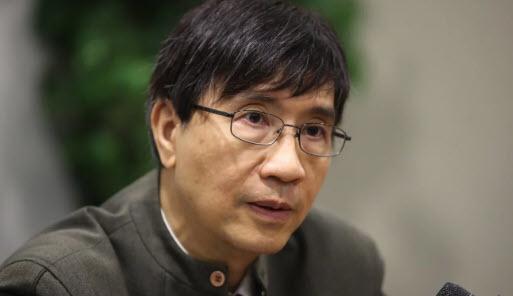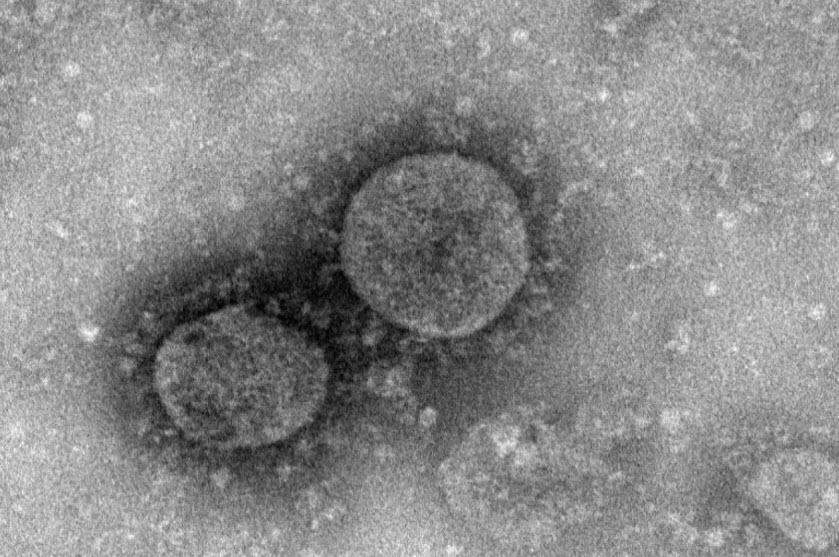With scientists from around the world scrambling to be the first to market with a vaccine for the Chinese coronavirus pandemic, Hong Kong researchers said today they have already developed a vaccine for the deadly Wuhan diseases, although there is a catch: the vaccine will not be commercially available for months, if not a year, as it would “take months” to test the vaccine on animals and at least another year to conduct clinical trials on humans before it was fit for use.
That’s a problem, because at the current exponential rate of propagation, the virus may have infected several billion people by then.
According to SCMP, as scientists in mainland China and the United States were racing to produce a vaccine for the new coronavirus, infectious diseases expert Professor Yuen Kwok-yung, chair of infectious diseases at the University of Hong Kong, revealed that his team was working on the vaccine and had isolated the previously unknown virus from the city’s first imported case.
“We have already produced the vaccine, but it will take a long time to test on animals,” Yuen said, without giving a specific time frame on when it would be ready for patients.

Meanwhile, with the virus having already mutated once becoming “more easily spreadable” among humans according to Chinese officials, by the time the virus is finally tested, the prevalent phenotype will likely be vastly different from the one the HK researcher is currently operating on.
How did the HK team come up with such a quick vaccine? HKU researchers based it on a nasal spray influenza vaccine previously invented by Yuen’s team. Researchers modified the flu vaccine with part of the surface antigen of the coronavirus, meaning it could prevent influenza viruses as well as the new coronavirus, which causes pneumonia.
Could Yuen’s team be just a tad optimistic about the relevance of their product? Most likely: on Monday Chinese mainland media quoted Chinese infectious diseases expert Li Lanjuan who said saying a vaccine targeting the coronavirus was only now being developed and could be made in around a month at the earliest; testing would then lead to further months of delays.
“If the vaccine appears effective and safe in a number of animal species, it will go into clinical trials on humans. This takes at least one year even if expedited,” Yuen said, adding that the approach taken by the mainland side to develop a vaccine would lead to a major complication, in which people who were vaccinated might develop a more severe disease if exposed to the virus. He said such a reaction for coronavirus had been recorded in reports.
Coronaviruses are a large family of viruses causing illnesses ranging from the common cold to more severe diseases such as Middle East respiratory syndrome (Mers) and severe acute respiratory syndrome (Sars). Meanwhile, Xinhua reported that Shanghai East Hospital of Tongji University had urgently approved a project for the development of a vaccine targeting the novel virus.
The vaccine would be co-developed by the hospital and Stemirna Therapeutics, a Shanghai-based biotechnology company. Company CEO Li Hangwen said no more than 40 days would be needed to manufacture vaccine samples, which would then be sent for tests and brought to clinics “as soon as possible.” Here’s the problem: assuming the number of infected people continues to roughly double every day… well, we leave it to readers to calculate how many will be sick in over a month if we start with today’s 4,500 infected baseline.
